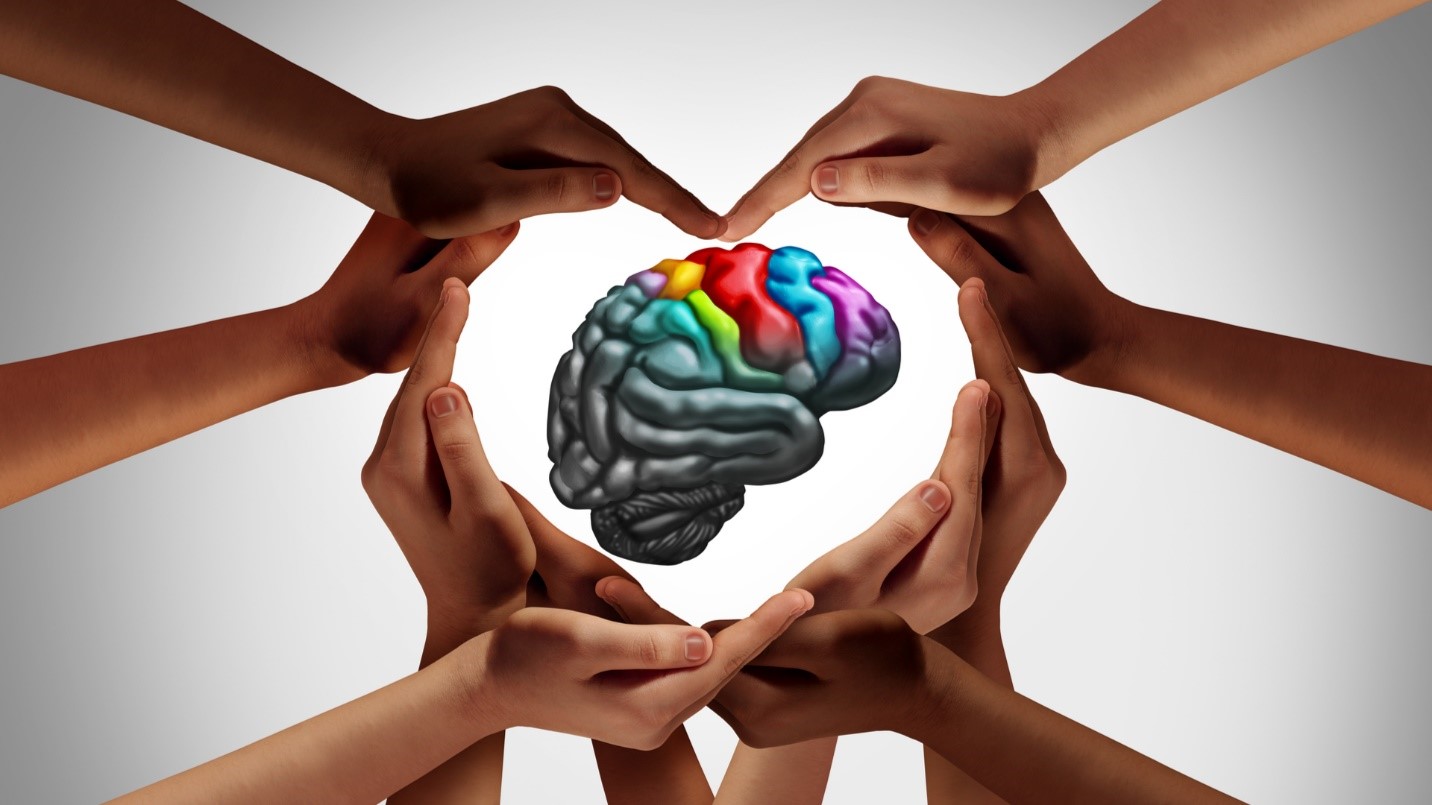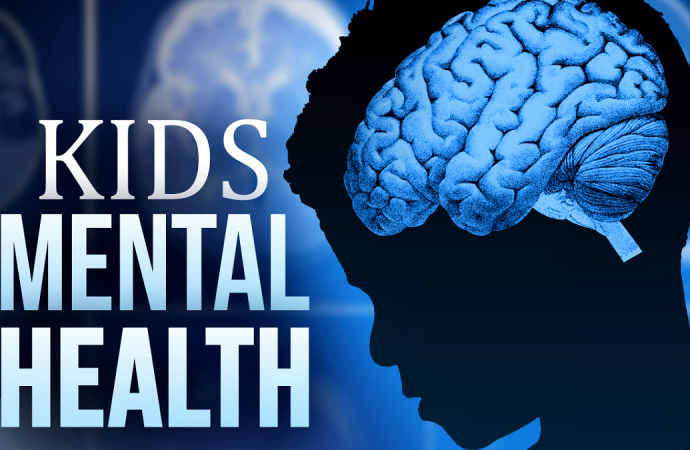Over the past decade, the landscape of pediatric mental health services has undergone significant transformation, driven by advances in diagnostic techniques, therapeutic interventions, and policy frameworks. This article delves into these developments, highlighting the progress and ongoing challenges in providing optimal care for children and adolescents facing mental health issues. Advancements in Diagnostic Techniques One
Over the past decade, the landscape of pediatric mental health services has undergone significant transformation, driven by advances in diagnostic techniques, therapeutic interventions, and policy frameworks. This article delves into these developments, highlighting the progress and ongoing challenges in providing optimal care for children and adolescents facing mental health issues.
Advancements in Diagnostic Techniques
One of the most critical areas of progress in pediatric mental health services is the enhancement of diagnostic techniques. Early and accurate diagnosis is paramount to effective treatment. Recent advancements in neuroimaging and genetic testing have provided deeper insights into the etiology of various mental health disorders. Functional MRI (fMRI) and PET scans are now being utilized to identify atypical brain activity patterns associated with conditions such as autism spectrum disorder (ASD) and attention-deficit/hyperactivity disorder (ADHD).
Moreover, the integration of artificial intelligence (AI) and machine learning algorithms in diagnostic processes has shown promising results. These technologies can analyze vast datasets to identify subtle patterns and predict the likelihood of mental health disorders, thereby facilitating early intervention. For instance, AI-driven tools are being developed to analyze speech patterns and facial expressions to detect early signs of depression and anxiety in children.
Innovations in Therapeutic Interventions
Therapeutic interventions for pediatric mental health have also seen remarkable advancements. Traditional therapeutic modalities, such as cognitive-behavioral therapy (CBT) and dialectical behavior therapy (DBT), have been adapted to better suit the developmental needs of children and adolescents. Additionally, new therapeutic approaches are emerging, driven by research in neuroscience and psychology.

Picture by: Yandex.com
One notable innovation is the use of digital therapeutics. Mobile applications and online platforms are being designed to deliver evidence-based interventions, making mental health support more accessible. These digital tools offer interactive modules, mindfulness exercises, and real-time monitoring, providing children with immediate coping strategies and support.
Pharmacotherapy has also evolved, with a growing emphasis on personalized medicine. Genetic testing can now inform medication choices, reducing the trial-and-error approach traditionally associated with psychopharmacology. This precision medicine approach ensures that children receive the most effective medication with minimal side effects, improving overall treatment outcomes.
The Role of Telehealth
The COVID-19 pandemic has accelerated the adoption of telehealth in pediatric mental health services. Telepsychiatry and telepsychology have become invaluable tools in ensuring continuity of care, particularly in underserved and rural areas. Telehealth platforms enable clinicians to conduct virtual consultations, therapy sessions, and follow-ups, breaking down geographical barriers and reducing wait times.
Research indicates that telehealth is as effective as in-person care for many mental health conditions. It also offers unique advantages, such as increased convenience for families and the ability to observe children in their home environments, providing a more comprehensive understanding of their daily challenges.
Policy and Funding Initiatives
Advances in pediatric mental health services are not solely driven by technological and clinical innovations; policy and funding initiatives play a crucial role. Governments and organizations worldwide are recognizing the importance of mental health in overall child development and are allocating resources accordingly.
In the United States, the passage of the Mental Health Parity and Addiction Equity Act (MHPAEA) and the Affordable Care Act (ACA) has mandated equal coverage for mental health services, including pediatric care. Additionally, initiatives like the Comprehensive Community Mental Health Services for Children with Serious Emotional Disturbances (SED) Program provide funding for community-based mental health services, ensuring that children receive holistic and continuous care.
Internationally, the World Health Organization (WHO) has developed the Mental Health Action Plan 2013-2020, which emphasizes the need for integrated and responsive mental health services for children and adolescents. This global framework has inspired numerous countries to prioritize pediatric mental health in their national health agendas.

Picture by: Yandex.com
Challenges and Future Directions
Despite these advances, significant challenges remain in the field of pediatric mental health services. One of the primary obstacles is the stigma associated with mental health issues, which can prevent families from seeking help. Efforts to destigmatize mental health through public awareness campaigns and education are crucial.
Another challenge is the shortage of trained mental health professionals specializing in pediatric care. Addressing this gap requires investment in education and training programs to build a robust workforce capable of meeting the growing demand for services.
Looking ahead, the future of pediatric mental health services lies in the continued integration of technology, interdisciplinary collaboration, and policy support. Emerging fields such as epigenetics and neuroplasticity hold promise for developing novel interventions that can alter the trajectory of mental health disorders from a young age.
Moreover, fostering a holistic approach that considers the social determinants of health—such as family dynamics, socioeconomic status, and educational environments—will be essential in providing comprehensive care. Collaborative efforts between healthcare providers, educators, social workers, and policymakers will be key to creating a supportive ecosystem for children and adolescents.
Conclusion
The advancements in pediatric mental health services over the past decade have been transformative, offering new hope for children and families affected by mental health disorders. From cutting-edge diagnostic techniques and innovative therapeutic interventions to the widespread adoption of telehealth and supportive policy frameworks, the field is making significant strides. However, ongoing challenges such as stigma, workforce shortages, and the need for holistic care must be addressed to ensure that every child has access to the mental health support they need to thrive. As we continue to build on these advancements, the future of pediatric mental health services looks promising, with the potential to profoundly impact the well-being of the next generation.
















